Civil Law
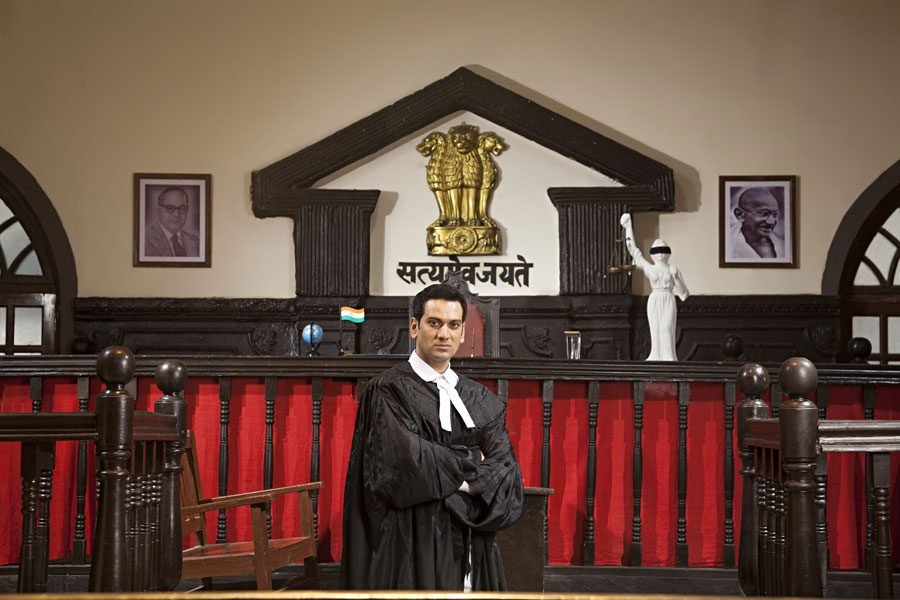
Civil Court Cases
between two or more entities, typically in the same courthouse that also tries criminal cases. Sometimes, the same action (such as assault) will be tried both in civil and criminal court. Civil court cases may involve any combination of private citizens, businesses, government institutions, or other parties.

Property Registration
1908 specifies that every property buyer in the state has to register their sale deed in the sub-registrar’s office. This is applicable when the transaction is above ₹100. Hence, every property in UP must be under registration to claim ownership.
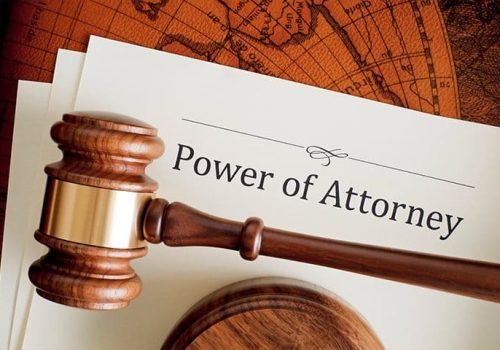
Power of Attorney
a specified person to act for and in the name of the person executing it.] 3[1A. Definition. —In this Act, “Power-of-Attorney” includes any instruments empowering a specified person to act for and in the name of the person executing it.]”
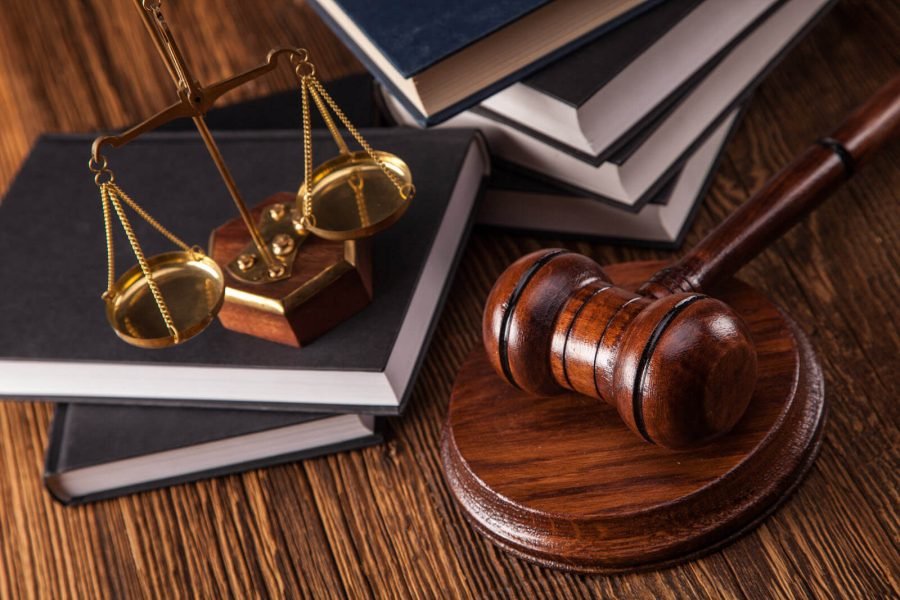
Succession Certificate
certificate is an important legal document which can be obtained from the Tehsildars of the respective Tehsil by the surviving person of the deceased.

Property Verification
involved in business and purchase is free from disputes. and lawsuits and hence offers a hassle-free property buying experience for you. We connect you to experienced lawyers. The documents are collected and all the papers are examined.

property litigation
on conflicts involving some form or value of a property. Property litigation usually includes resolving conflicts between landlords and tenants, but it may also include a broad variety of other issues concerning the ownership of residential, commercial, industrial, and agricultural property. Any and all legal aspects of the purchase, selling, leasing, and possession of land can be found under the umbrella of property litigation activities.

transfer of property
legislation which regulates the transfer of property in India. It contains specific provisions regarding what constitutes a transfer and the conditions attached to it. It came into force on 1 July 1882

Mutation/Dakhil Khariz
because, without mutation, the land title cannot be passed to another person. If the government takes over the land, then the compensation will be given to the previous owner as the name has not been updated in their records.
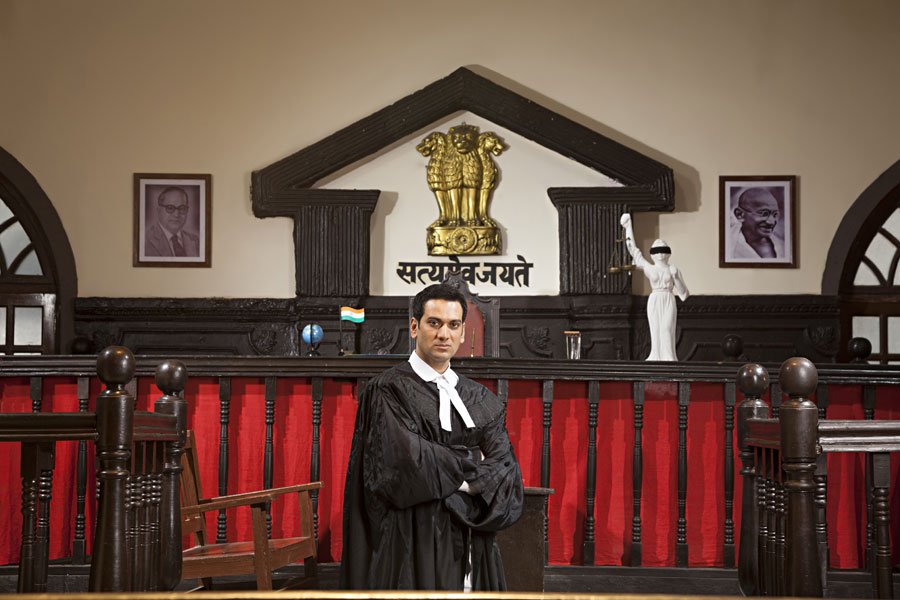
Will
a person, the testator, names one or more persons as the executor to manage his/her estate and provide for the transfer of his/her property after his death. Dispute Resolution (Litigation, Arbitration & Mediation)
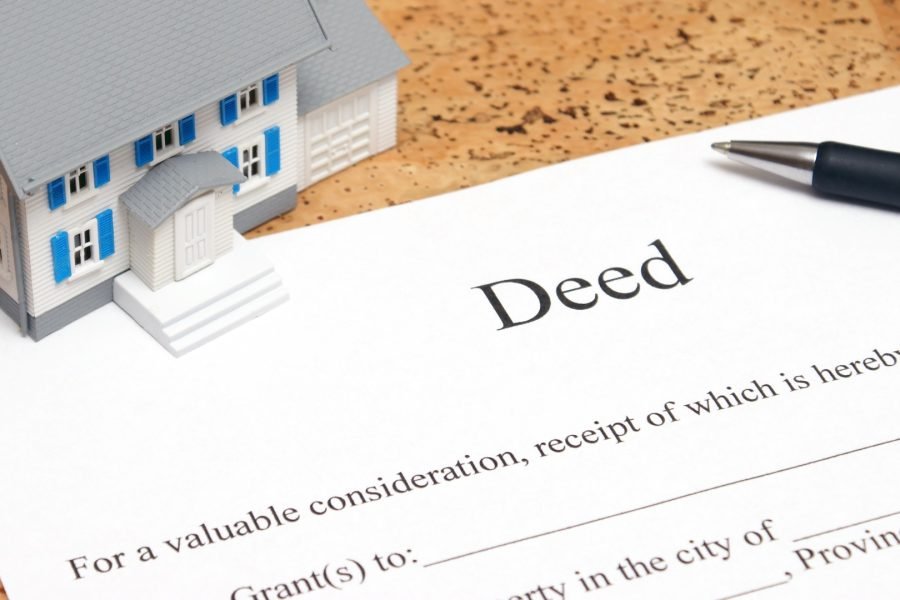
Sale Deed
A sale deed, aka a conveyance deed or property sale deed, is a legal document that officially transfers property ownership from the seller to the buyer. It acts as conclusive evidence of the sale and purchase of the property, outlining the terms and conditions of the transaction.
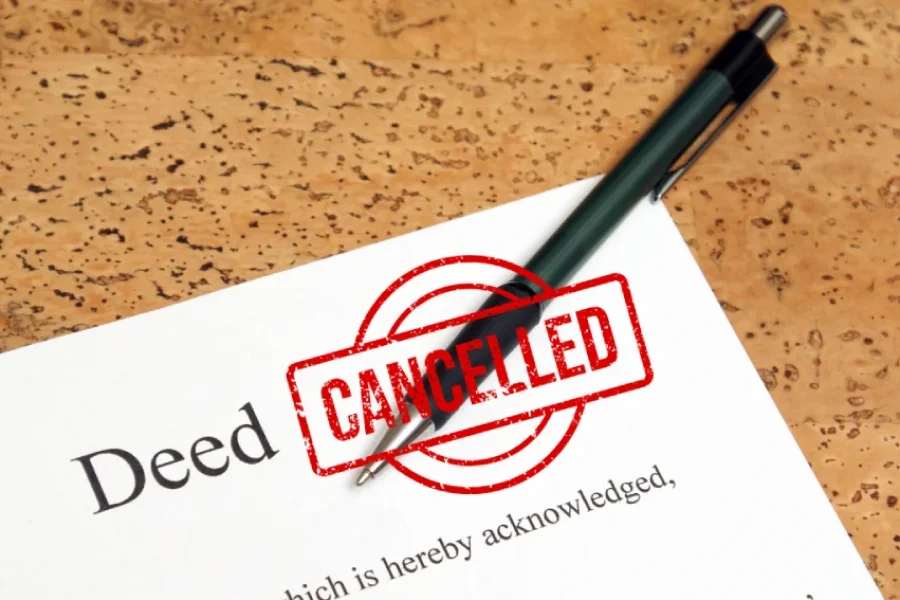
Cancelation Deed
A cancellation deed is a legal document that reverses the transfer of property from a buyer to a seller. It can be used when both parties agree to cancel a sale deed, or when one party believes the deed is voidable or could cause harm.

Ownership Claim
A claim of ownership is when someone believes they own something, even though they don’t have the legal right to it. This can happen with land, property, a project, or a file.
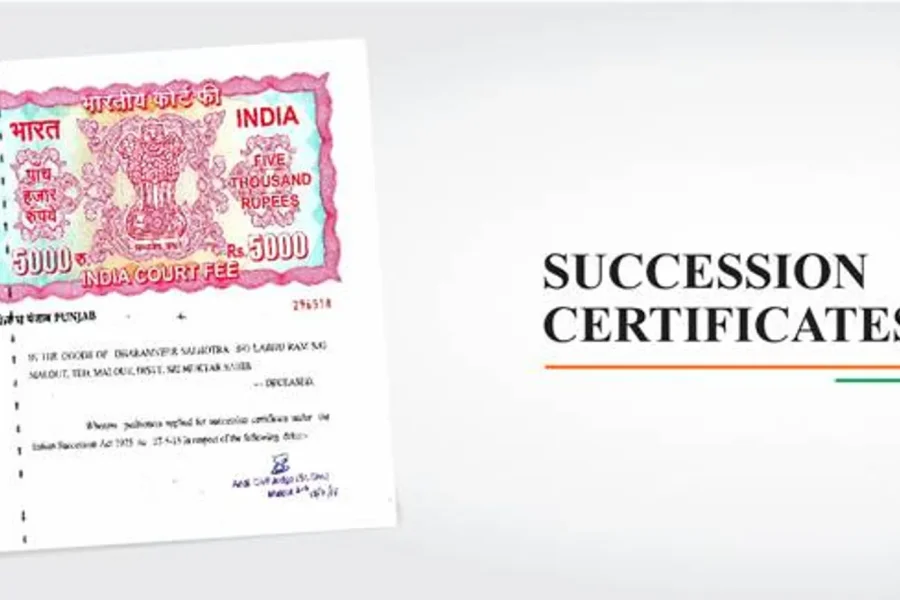
Succecssion Certificate
A certificate of succession, also known as a legal heir certificate, is a legal document that gives the legal heirs of a deceased person the authority to manage and inherit their assets and debts

Partition Suit
A Partition suit is a lawsuit filed in the court of law to claim your share of the property. The partition lawsuit is filed in India for residential property, commercial property or in the case of land disputes. The partition suit court fees is Rs. 500.
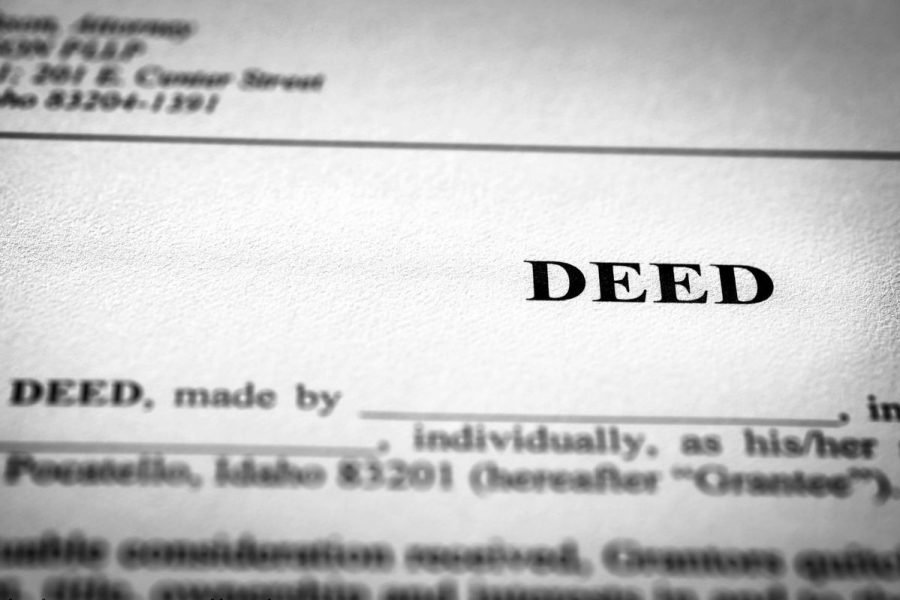
Gift/Daan/Hiba Deed
In other words, it can also be defined as an unconditional transfer of property, executed instantly and without any exchange of consideration (something in return), from one individual to another, with acceptance by or on behalf of the recipient.

Rent/Lease Deed/Freehold
A Partition suit is a lawsuit filed in the court of law to claim your share of the property. The partition lawsuit is filed in India for residential property, commercial property or in the case of land disputes. The partition suit court fees is Rs. 500.
Property Registration: Legal Process and Importance
Property registration is a critical legal process in India, ensuring the ownership of immovable assets such as land, houses, or commercial properties is officially documented.
The registration involves transferring the property title to the buyer, providing legal recognition and safeguarding against future disputes. For individuals in Lucknow, engaging the services of a property registration lawyer in Lucknow or a reliable property consultant lawyer can simplify the process and prevent potential legal challenges.
What is Property Registration?
Property registration refers to the official recording of property ownership details with the local Sub-Registrar’s Office as mandated by the Registration Act, 1908. This process provides legal validity to the transaction and creates a public record, ensuring transparency and security.


Importance of Property Registration
- Legal Ownership: Registration provides the buyer with a legally recognized title.
- Avoiding Disputes: A registered property deed minimizes the risk of ownership conflicts or fraud.
- Access to Loans: Financial institutions often require a registered title deed for approving loans.
- Property Tax Assessment: Registration aids in accurate tax assessment and payment.
Role of Property Registration Lawyers in Lucknow
● Document Verification:
Ensuring all property-related documents are authentic and free from legal encumbrances.
● Title Search:
Conducting a detailed title search to confirm the seller’s ownership and identify any disputes or claims.
● Drafting and Vetting Sale Deed:
Preparing a legally sound sale deed, the cornerstone of the property registration process.
● Representation:
Advocating on behalf of clients at the Sub-Registrar’s Office to complete the registration process..
Steps in Property Registration
1. Verification of Property Documents:
Engage a property legal consultant to scrutinize documents such as the sale deed, encumbrance certificate, and tax receipts.
2. Payment of Stamp Duty and Registration Fee:
Calculate and pay the applicable stamp duty and registration fee based on the property value.
3. Execution of Sale Deed:
The sale deed must be executed and signed by both parties in the presence of witnesses.
4. Submission at the Sub-Registrar’s Office:
Submit the executed deed along with the required documents to the Sub-Registrar’s Office for registration.
5. Collection of Registered Deed:
Once processed, collect the registered sale deed, which serves as legal proof of ownership.
Why Consult the Best Lawyers in Lucknow?
Whether it’s registering property or resolving disputes, the expertise of the best family court lawyers in Lucknow and property registration lawyers in Lucknow can be invaluable. A knowledgeable advocate can also address overlapping issues like inheritance rights, family property division, or joint ownership disputes.
Property Consultants and Legal Guidance
Professional property legal consultants provide end-to-end support, from document verification to ensuring compliance with local property laws. With their assistance, buyers can confidently proceed with transactions, knowing their rights are safeguarded.
Property registration is a vital process that secures ownership rights and safeguards against future legal issues. For residents of Lucknow, hiring the best property lawyer in Lucknow or a trusted advocate for property registration ensures a hassle-free experience.
Whether you need assistance with documentation, legal representation, or consultation, a property legal expert can provide the expertise you need to make informed and secure decisions.

